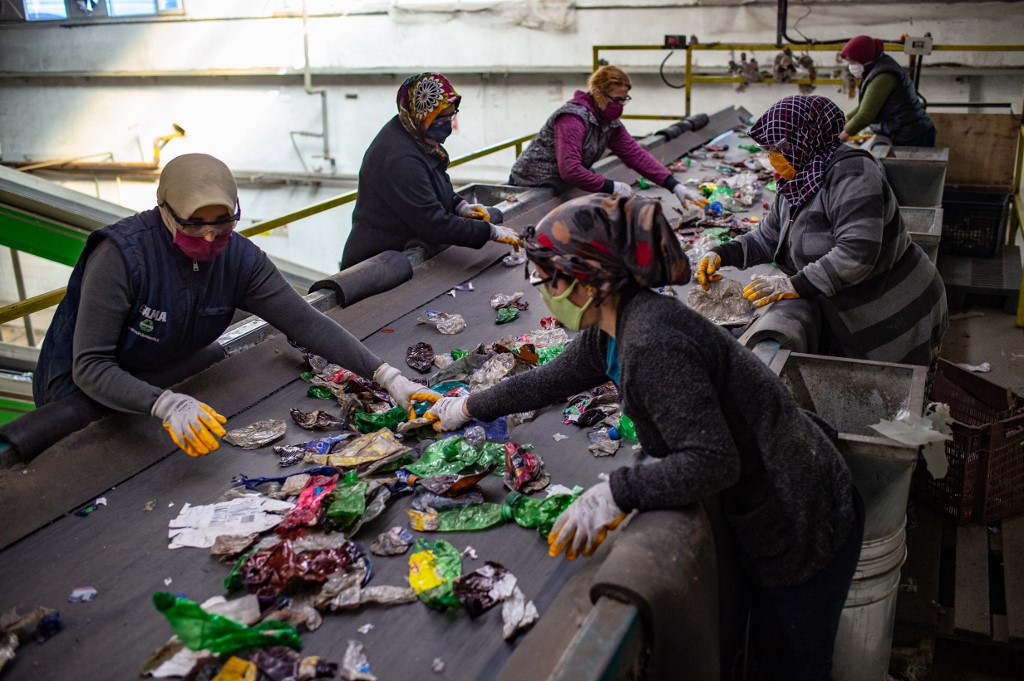Turkey was the main destination for waste exported from the EU in 2022, similar to 2021, with a volume of around 12.4 million tons, which accounts for 39 percent of total exports of EU waste, according to the latest data from Eurostat.
Eurostat on Thursday said that exports of waste from the EU to non-EU countries totaled 32.1 million tons in 2022, a slight decrease of 3 percent compared with a year earlier, with 12.4 million tons having been exported to Turkey.
Main destinations for EU’s waste exports in 2022:
Türkiye (12.4 million tonnes)
India (3.5 million tonnes)
The United Kingdom (2.0 million tonnes)
For more info
https://t.co/uPKVwXiiSr pic.twitter.com/zTpbiVoO4j
— EU_Eurostat (@EU_Eurostat) January 18, 2024
Imports of waste from non-EU countries has decreased by 5 percent since 2021, amounting to 18.7 million tons, the statistical office also said.
The data also showed India, which received 3.5 million tons of waste from the EU in 2022, as the second-largest destination, followed by the United Kingdom (2 million tons), Switzerland (1.6 million tons), Norway (1.6 million tons), Egypt (1.6 million tons), Pakistan (1.2 million tons), Indonesia (1.1 million tons), Morocco and the United States (0.8 million tons each).
In 2022, exports of ferrous metals waste — iron and steel — amounted to 17.8 million tons, accounting for 55 percent of all waste exports from the EU, including 10.7 million tons received by Turkey, which corresponds to almost two thirds (60 percent) of all ferrous metals waste exported from the EU.
Considerable amounts of paper waste were also exported from the EU last year, Eurostat said, adding that 4.9 million tons exported accounted for 15 percent of the EU’s waste exports in 2022, with India being the major destination for paper waste, receiving 30 percent of the total.
The World-Wide Fund for Nature claims nearly 1 million tons of plastic are “open dumped” each year in Turkey.
Much is burnt, causing a serious threat to health, with those living nearby suffering from respiratory problems, headaches and itchy eyes. Toxic fumes may also cause menstruation difficulties and higher rates of cancer.
In 2021 Greenpeace found hazardous chemical pollutants in five areas in southern Turkey, where imported UK grocery packaging had been burnt.
Levels of toxic chemicals in the soil and ash at some of these locations are thousands of times higher than control sites.
After a Greenpeace report showed in May 2021 that Turkey had turned into a prime destination for European waste, the Turkish government banned the import of polymer waste such as plastic bags and Styrofoam cups following a public outcry over images of trash illegally dumped and burnt along roadsides.
Polymers are the synthetic building blocs of the material used to make everything from plastic bags to food wrap and bottles.
They are also used in non-stick surfaces such as teflon.
Recycling firms in Turkey have defended the rise in imports.
They argue that plastic waste allows the reuse of material that otherwise clogs landfills for decades.




